

A big part of the priest’s daily life is breaking open the Scriptures for the lay faithful. Whether it’s in the context of Daily Mass a Sunday liturgy, a wedding, or even a funeral, the homily is an opportunity to encourage, exhort, correct, and console. Most people want to better appreciate and understand the Word of God, but they don’t know where to begin. It’s overwhelming and there are plenty of misconceptions to sort through! The priest has the responsibility to share the truths contained within Holy Scripture in a faithful, sincere, and relatable way that people can then put into action in their daily lives. In so doing, the priest helps his flock “think with the Church” and interpret the Word in light of the whole of Tradition.
Our own word, our own gift, how weak it is! It can never be enough. We have — and this is the greatness of the priestly mission — more to give. We have the name of Jesus Christ to give. And this name of Jesus Christ is the thing for which mankind hungers and asks in all its protests against the inadequacies of this world, even if it does not know it.
~Joseph Ratzinger
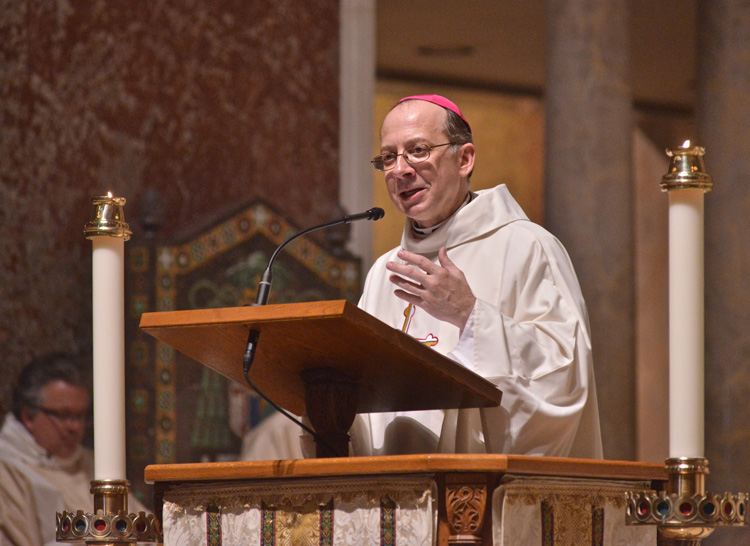
A priest is ordained to bear the presence of Christ to the Church and the world. The most visible way in which he does this is by making the Sacraments readily available to the people.
Day in and day out, a priest offers the Holy Sacrifice of the Mass — the source and summit of our faith — where we receive the Body, Blood, Soul and Divinity of Jesus Christ. The priest also makes himself available for the Sacrament of Reconciliation at regularly scheduled times during the week, or by appointment. The priest also anoints the sick, prepare couples for marriage, and baptizes children on a regular basis.
However, it must be pointed out that a priest is not a mere “functionary.” He’s not a mindless distributer of God’s graces. Christ Himself works through the Sacraments. The priest’s active participation in Christ’s mysteries serves to advance the salvation of the world and of his own soul as well!
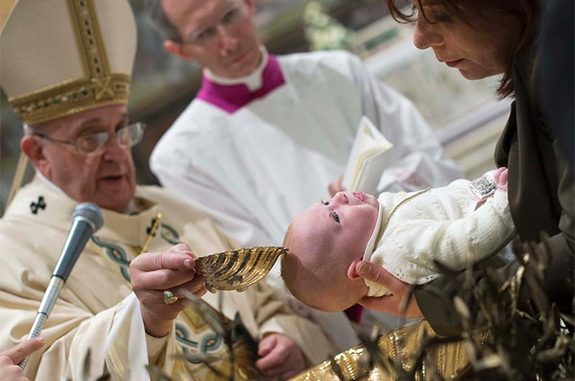
The parish priest is responsible for the souls set under his care. Therefore, he must shepherd his flock wisely — totally relying on God’s grace for strength. “Shepherding” can take a number of forms. For instance, a priest shepherds his flock when he gives individual spiritual direction. He shepherds his flock through times of financial difficulty. He shepherds his flock through church renovation projects. He shepherds his flock when tough decisions need to be made. He shepherds his flock when there is confusion about where the Church stands on a particular issue, or when the country, the state, or the local community is facing fear and uncertainty — even tragedy! In short, the priest is a leader that must guide Christ’s flock through all sorts of things with the tenderness, humility, and firmness of a father who loves his children.
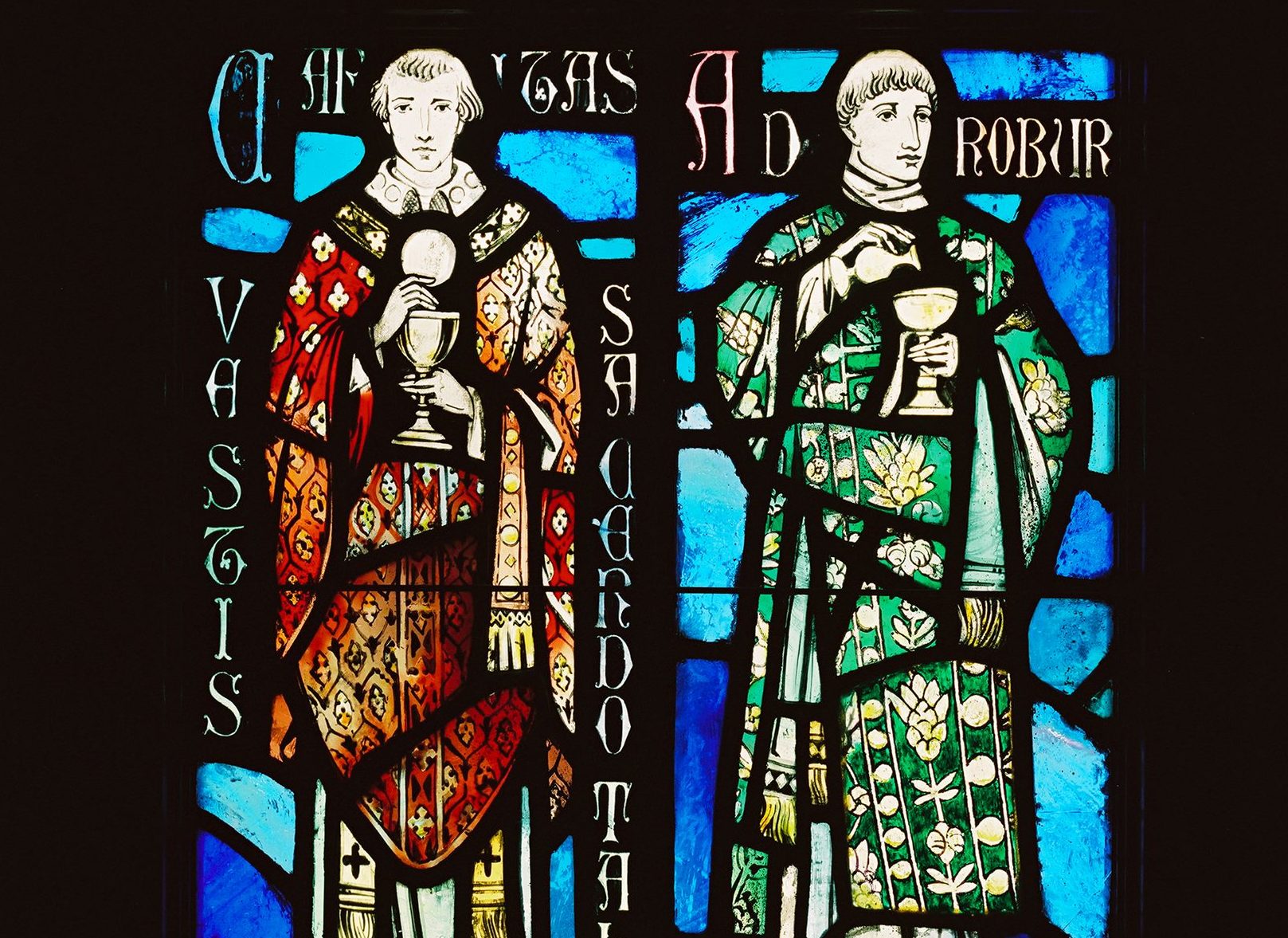
The priest safeguards the deposit of faith that has been given to him. No priest has an authority of his own to manipulate the liturgy, dogma, or Church teaching. Above all, he is a steward of God’s mysteries, and must guard the Truth accordingly. Our contemporary American culture is quite hostile to traditional perspectives on objective truth, spirituality, sexual ethics, and a whole host of other beliefs that Catholics hold dear. Hence, the modern-day priest is tasked with the privileged burden to boldly speak the truth in love. This doesn’t mean taking a bitter, defensive posture against the world, but rather courageously proclaiming and handing on the faith in a way that more and more people will see as completely countercultural, even radical.
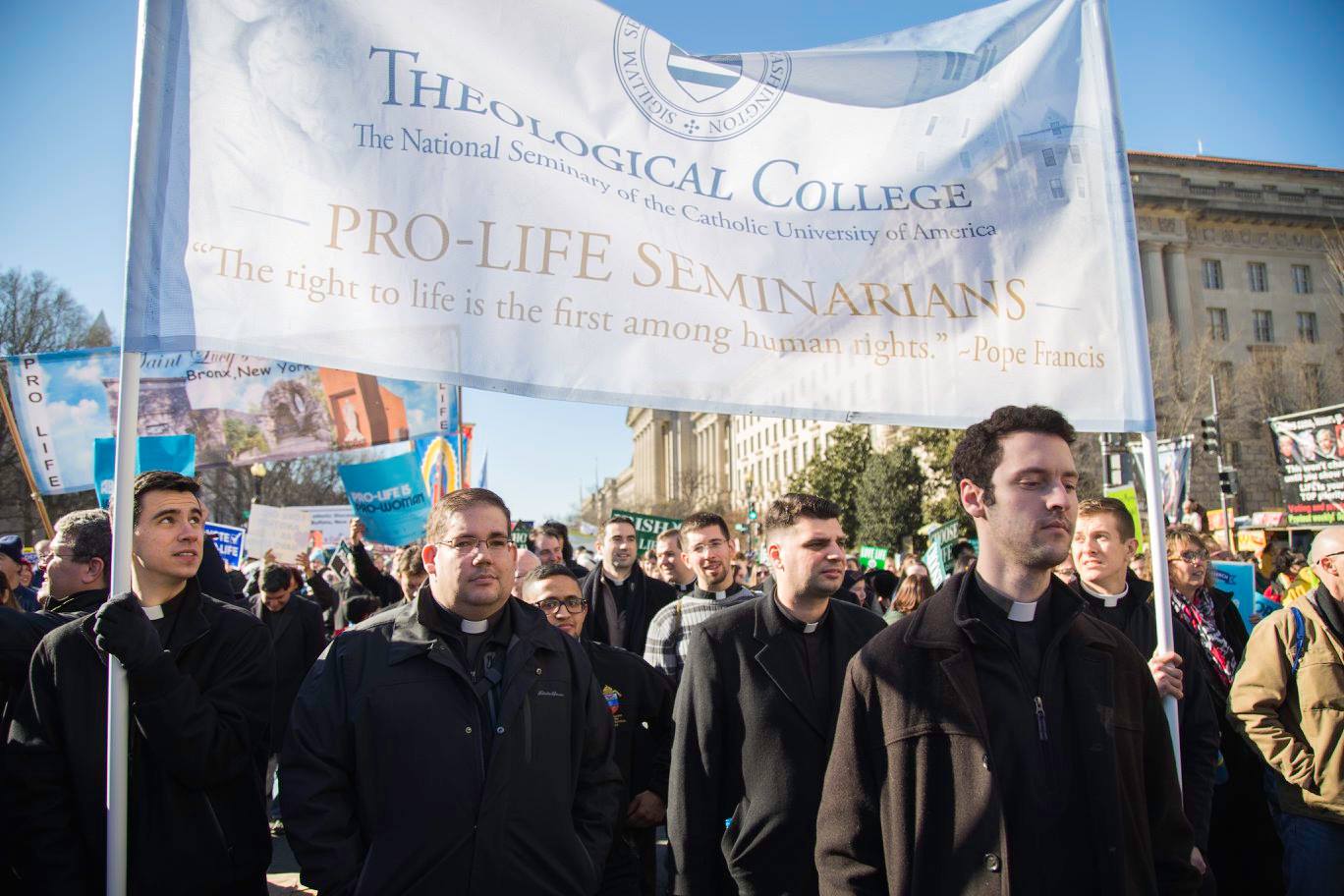
The last several popes have reiterated over and over that the “New Evangelization” is of the most pressing need. We must re-propose the faith with “new ardor, methods and expression” to a culture that is less and less enthused about God and religion. The so-called “nones” — i.e those who choose not to affiliate themselves with any organized religion — are on the rise in the West. Priests play an indispensable role in the New Evangelization because it begins in our own pews. We must “re-evangelize” those who are already in Church, so that they can then go out to the margins and become missionary disciples themselves! This is an exciting time in the Church and the “harvest is ripe” in many ways. A priest totally in love with the Lord and on fire for the faith can impact people in a profound way. He is a witness to the joy of the Gospel.
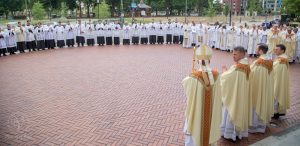
 Discerning Celibacy
Discerning Celibacy
 Common Myths
Common Myths
